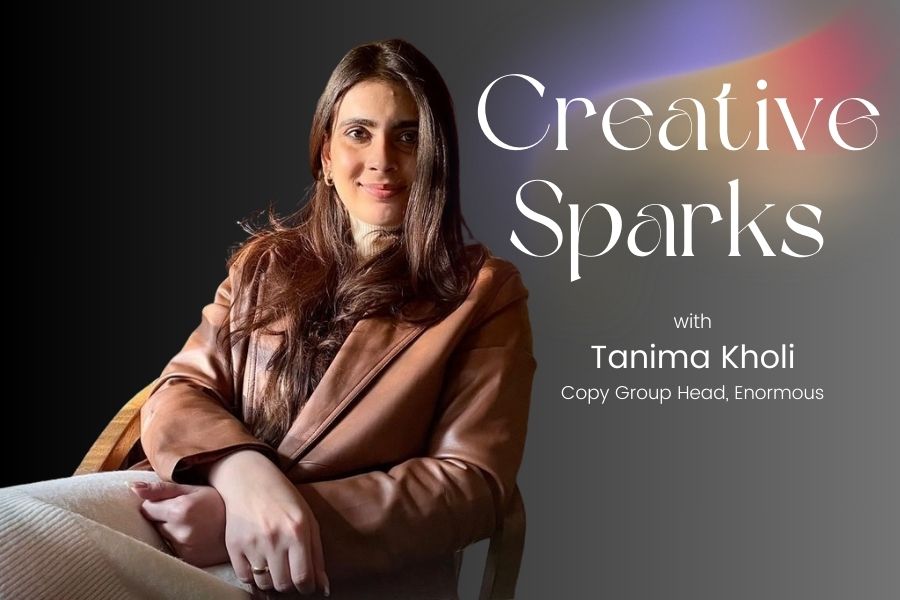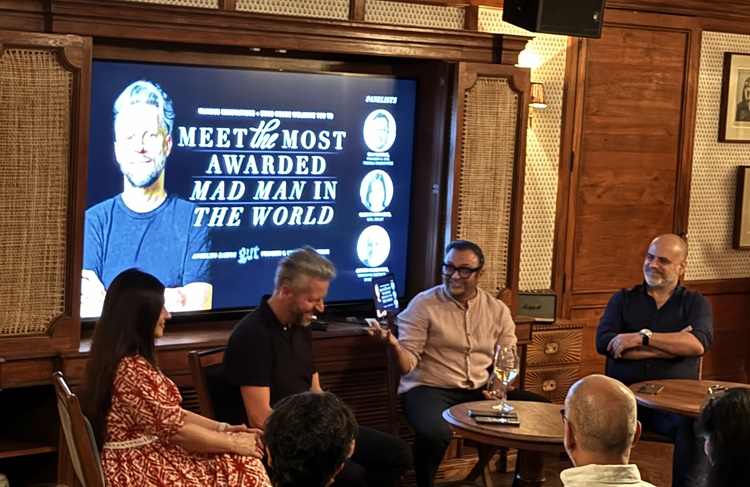The recent controversy around the Tanishq ad film divided India’s conservative and liberal populace. The film highlighted the beauty of an inter-faith marriage, where a Muslim woman throws her Hindu daughter-in-law a baby shower, complete with elaborate Hindu rituals. The ad caused a furore and was accused it of promoting ‘Love Jihad’. Tanishq had to withdraw the campaign.
Conservative v/s liberal: Who wins?
In a world that’s increasingly leaning towards inclusivity based on religion, gender, sexual orientation, race and caste, political correctness is becoming the norm. However, a large portion of India’s population still upholds conservative, and in some cases, divisive values, as the backlash around the Tanishq ad has demonstrated.
In such a scenario, how will creativity in advertising flow in a society that is both, conservative and liberal?
Satbir Singh, founder and CCO, Thinkstr, believes that advertising must always have a feel of the zeitgeist, despite the odd raw nerve that will always be touched. “In this always-on age, there is intense friction between liberal and conservative values. Advertising has to sell a product negotiating this divide,” he says.
“To be able to create a piece of work for a brand we allow ourselves to think out of the box, be meaningful, original and of course, relevant,” says Tista Sen, regional creative director, Wunderman Thompson, South Asia. Sen believes creativity in advertising already comes with several self-imposed filters, and to also be prepared for a backlash is to be mediocre and effectively dumbing down the creative spirit.
One man’s meat is another man’s poison
It’s natural for any brand to try and avoid offending consumers as much as possible. The potential triggers, however, could be endless, making it impossible to mitigate a backlash. What is acceptable to some may be considered offensive to others, something that’s true of literally every scenario.
Prathap Suthan, managing partner and chief creative officer, Bang In The Middle, elaborates on the problem. He says, “An elephant’s picture on a wall might trip a religious issue. A slightly dark woman portrayed as a maid might get some sections to question stereotypes. A man with a beard who slips on a pavement could be misconstrued as an umbrella opinion on a minority sect.”
While some of these objections could be genuine, people can cause trouble for the smallest of reasons. The trolling and hate are further compounded by the safety found behind VPNs and fake social media profiles.
In a nutshell, there’s absolutely no way to anticipate the public’s reaction to a piece of work.
Unfortunately, there isn’t a guidebook for creativity to follow when trouble rears its ugly head. What are agency creatives to do in these challenging times?
Ashish Khazanchi, managing partner, Enormous Brands, feels that the best way to tackle inadvertent, tone-deaf offences is to have a diverse workplace. It’s the first best step towards being progressive. “Ultimately, brands must take progressive positions despite everything. That's how the society moves forward, and that's how brands come to be loved,” he says.
Sen believes that owning up to work regardless of which side of the table one is seated at is vital. While easier said than done, the worst offence is to hope fleeting public attention will make the problem disappear, she says.
How much is too much?
In Tanishq’s case, the hate-filled comments on the internet quickly escalated to the brand’s employees receiving threats. Despite this, a few people believed that the brand should have ‘stood its ground’ and not let the trolls win.
How much backlash is too much backlash before a business decides to withdraw the controversial piece of work?
Khazanchi completely agrees with the Tata Group’s (Tanishq’s parent company) decision to take down the ad. “If they withdrew the ad, it was to protect employees and their trade partners. One must stick to the stance if one believes in it and it's not against the leading progressive beliefs of the day,” he says. Withdrawing a campaign does not mean the brand doesn’t believe in its own values and ethos.
Businesses should also understand who the fight is against. Suthan asks if the people on the other side can hold a reasonable exchange around opposing beliefs. “This is a country that’s got all sorts of people taking charge without caring for what the government or law says. You can show off your temerity, stance and language to people who have the ability to hold a conversation. Certainly not with people who have no idea about advertising or care for conversation. Their agenda is political. Yours is merely professional,” he says.
Singh, on the other hand, takes all advertising professional back to the basics. “Advertising’s first job is to sell products. Social reform comes way down that list.”
India’s adland isn’t letting hate get in the way of creativity, despite the treatment Tanishq’s campaign received. While keeping an ear to the ground would most definitely help avoid any carelessly tone-deaf communication, any backlash despite best efforts is unfortunate. An anticipatory furore shouldn’t become the guard rail for advertising, or worse, at the cost of it.




